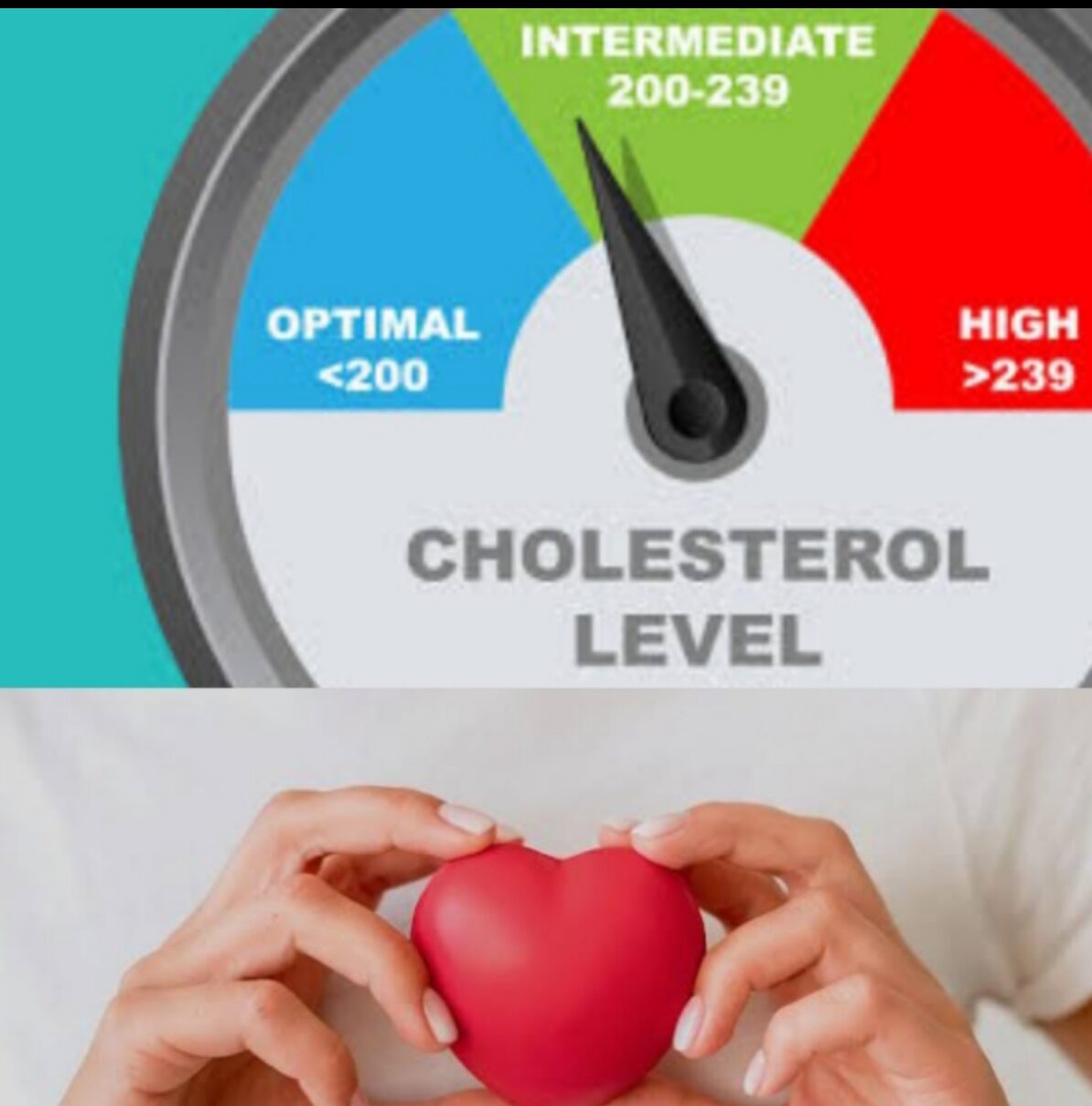Cholesterol is a main contributor to heart disease. Too much cholesterol can lead to plaque buildup in the arteries. Plaque break off can cause clots to form, and ultimately lead to heart attack and stroke.
More than 50 per cent of the world population, aged 20 or older have high cholesterol.
Join our WhatsApp ChannelLuckily, treating high cholesterol is simple, but not always easy, especially when lifestyle changes are involved. It starts with knowing if you’re at risk. Some conditions are considered to be out of our hands according to Dr David Engleman, a cardiologist at Medical City Las Colinas in Irving, Texas.
“Genetics are probably the most important risk factor for high cholesterol,” says Dr David Engleman. He explained that one’s genes control several factors related to high cholesterol or hypercholesterolemia.
“There are several known genetic defects that can lead to different types of hypercholesterolemia, and several genetic variations—not defects—that can make people more susceptible. “There are mutations in certain genes that affect the way cholesterol is metabolized and defects in the proteins that handle cholesterol in the bloodstream,” the cardiologist added.
Age and sex also play roles in having the risk of high cholesterol. Cholesterol rises with age for both women and men. It’s thought that estrogen helps keep women’s low-density lipoprotein (LDL) (“bad”) levels down before menopause, but after menopause, their high-density lipoprotein (LDL) levels tend to rise. Men at any age tend to have high-density lipoprotein (HDL) (“good”) cholesterol—a substance in the blood that helps carry cholesterol away from the arteries—than women.
However, there are some steps you can take to reduce your chances of high cholesterol, even if you can’t control them.
“Diet plays a significant role in cholesterol levels and dietary management is still an important part of treatment,” says Engleman. “Although there are genetic causes and contributions, most people can have a significant improvement with dietary changes,” he added.
Getting enough exercise can also improve your cholesterol levels. The Centers for Disease Control and Prevention (CDC) recommends at least 150 minutes of moderate exercise or 75 minutes of vigorous exercise per week. “Exercise can raise your high-density lipoprotein (HDL) cholesterol levels,” Engleman says.
He, however, admonished smokers to quit, since smoking can increase one’s risk of plaque buildup and atherosclerosis, constricting the flow of blood to the heart. Type 2 diabetes also damages blood vessels and disturbs the body’s ability to metabolize cholesterol, says Engleman.
READ ALSO: Questions To Ask Your Doctor When He Says You Have High Blood Pressure
He further noted that high cholesterol can affect anyone, adding that there is no “average” person with high cholesterol.
“Someone with limited risk factors can be accepted or tolerated without beginning medications. “But for someone who’s already showing signs of vascular disease, will be given much more aggressive attention,” said Engleman.
Total: Less than 200 milligrams per deciliter (mg/dL)
LDL: Less than 100 mg/dL
HDL: 60 mg/dl or greater
Triglycerides: Less than 150 mg/dL
High cholesterol treatment
Statins—drugs that slow the production of cholesterol in the liver—are the mainstay of cholesterol treatment. But changing your diet and getting enough exercise can be just as important as taking medication, Engleman says. If you have to make adjustments in your lifestyle, he recommends starting with small changes that are more likely to stick.
“The key to success is setting goals that are reachable and sustainable, whether it’s with diet, exercise, cholesterol numbers or medication. Most people can be successful if they have realistic goals and make sustainable changes,” the medical expert concluded.



















Follow Us